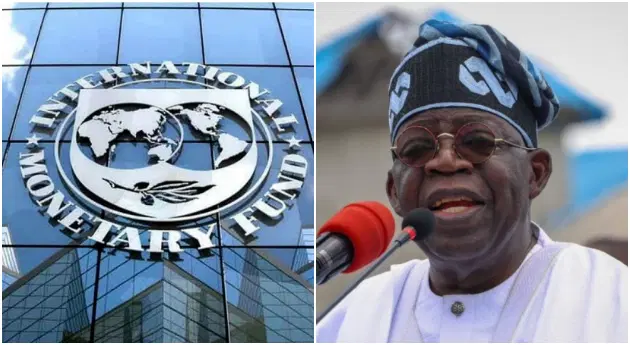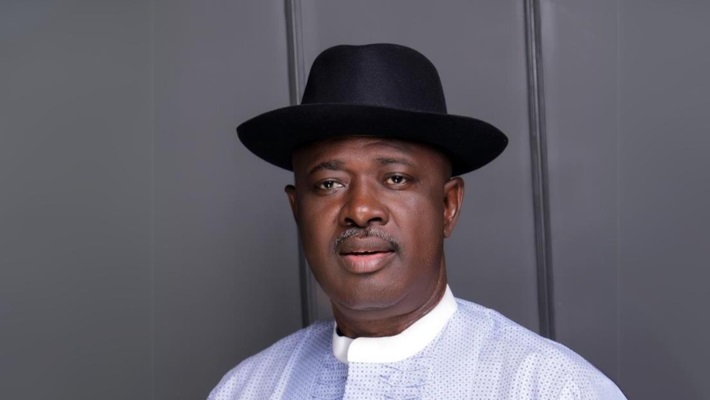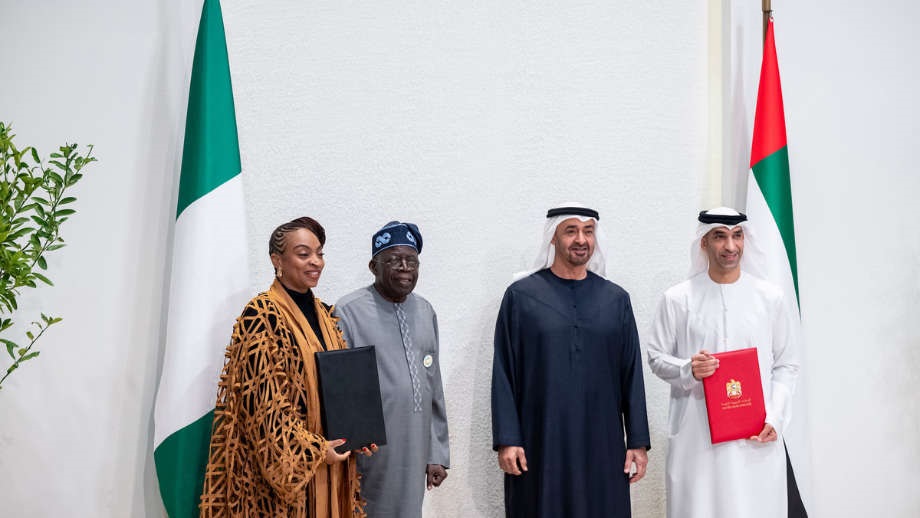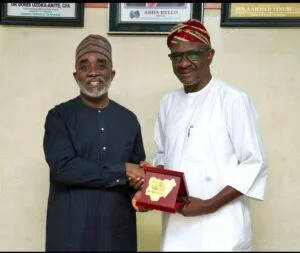The International Monetary Fund (IMF) has commended Nigeria’s ongoing fiscal reforms and urged the country to adopt smarter spending strategies alongside stronger tax systems to sustain economic stability.
Davide Furceri, Division Chief, Fiscal Affairs Department at the IMF, made this known during a news conference on the Fiscal Monitor held on Wednesday in Washington D.C., on the sidelines of the IMF/World Bank Group Annual Meetings.
Furceri said Nigeria’s fiscal and structural reforms were neutral and well aligned with monetary policies aimed at curbing inflation and stabilising the economy.
“Currently, what we are projecting for Nigeria is a neutral fiscal stance, which we believe is consistent with monetary policies aimed at reducing inflation,” he said.
He explained that the Fund’s latest assessment of fiscal policies across developing economies showed that Nigeria’s policy direction was consistent with efforts to balance revenue mobilisation with efficient expenditure management.
According to him, Nigeria has made significant progress in recent years, with several new laws enacted to streamline the tax code, reduce tax expenditures, and ease the compliance burden for businesses.
“These are steps in the right direction,” he added.
Furceri, however, called for greater efficiency in public spending to ensure better outcomes for citizens, noting that optimising resource allocation could deliver substantial economic and social benefits.
“In addition, it is important to increase social spending, particularly to support vulnerable households and ensure inclusive growth,” he said.
He further urged Nigeria to continue implementing key fiscal and monetary reforms under its medium-term economic framework, focusing on fiscal discipline, improved revenue generation, and enhanced transparency in public finance management.
Furceri noted that the IMF’s endorsement reflected growing confidence in Nigeria’s reform trajectory as the government works to boost growth, reduce inequality, and maintain macroeconomic stability.
The Fiscal Monitor, published by the IMF, examines how governments can enhance economic growth prospects by improving the efficiency and composition of public spending.





